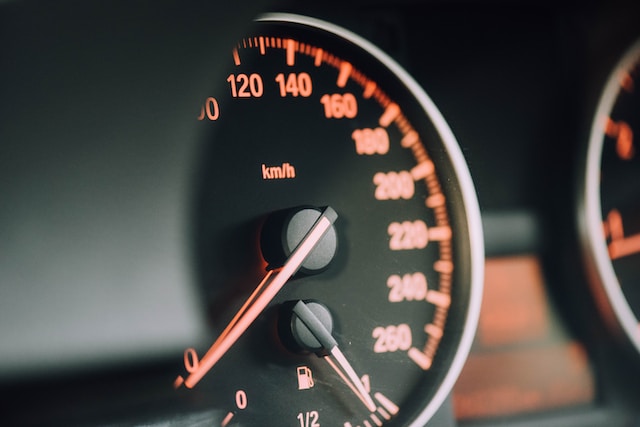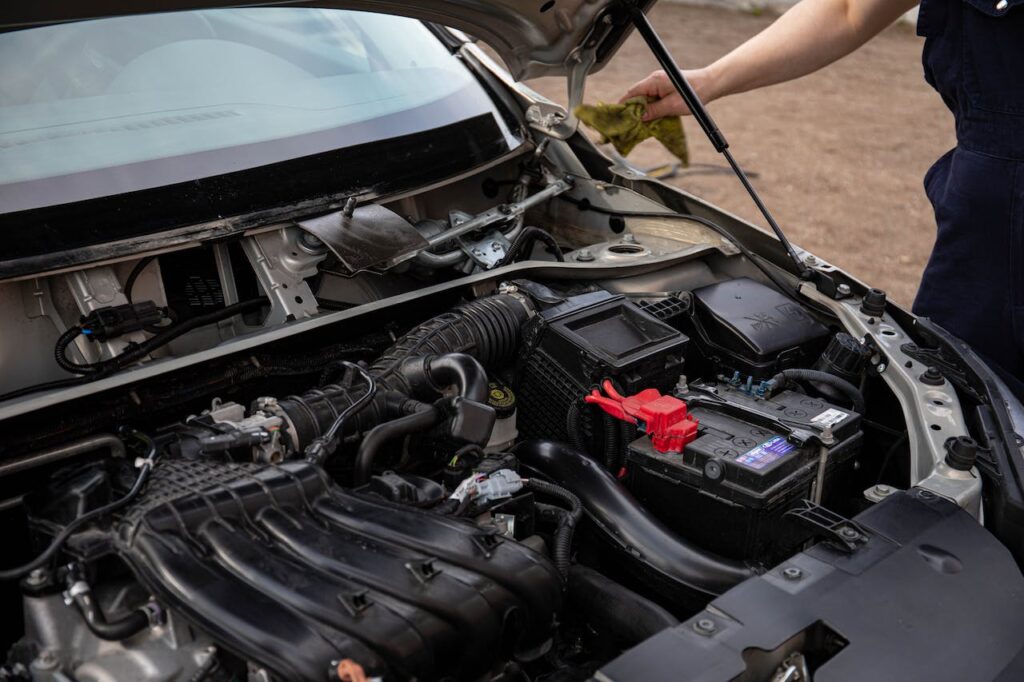

Seasonal Car Care Checklist: Preparing Your Vehicle for Winter/Summer
As the seasons change, so do the challenges your vehicle faces. Whether it’s the freezing temperatures of winter or the scorching heat of summer, adapting your car care routine is crucial for optimal performance, safety, and longevity. In this seasonal car care checklist, we’ll guide you through the essential tasks to ensure your vehicle is ready to tackle the specific demands of winter and summer.
Preparing for Winter:
Check Antifreeze Levels: Ensure your vehicle’s coolant is at the right levels and has the appropriate mix of antifreeze to water. This prevents the coolant from freezing in cold temperatures and protects your engine.
Inspect the Battery: Cold weather can put additional strain on your car’s battery. Check the battery’s charge level and terminals, and replace it if it’s old or showing signs of weakness.
Examine the Tires: Inspect the tire tread depth and pressure regularly. Consider switching to winter tires for better traction in icy and snowy conditions.
Replace Wiper Blades and Fluid: Winter often brings rain and snow, so make sure your wiper blades are in good condition. Also, use winter-grade windshield washer fluid to prevent freezing.
Check the Heating System: Ensure your car’s heating system is functioning correctly. This includes the defroster, which is crucial for maintaining clear visibility during winter driving.
Carry Emergency Supplies: Assemble a winter emergency kit, including items like a blanket, flashlight, jumper cables, and non-perishable snacks. Be prepared for unexpected situations on the road.
Preparing for Summer:
Inspect the Cooling System: Ensure your radiator and cooling system are in good condition. Flush the radiator if needed and check for any leaks. Overheating is a common issue in hot weather.
Check Air Conditioning: Test your car’s air conditioning system to ensure it’s working efficiently. Recharge the refrigerant if necessary and replace the cabin air filter for better air quality.
Evaluate Tire Pressure and Tread: Hot weather can cause tire blowouts, so check the tire pressure regularly. Also, examine the tread for wear and rotate your tires if needed.
Inspect the Brakes: Summer travel often involves long drives, so ensure your brakes are in top condition. Check the brake pads, rotors, and brake fluid levels.
Replace Windshield Wipers: Summer storms can reduce visibility, so replace worn-out wiper blades. Ensure they effectively clear rain and debris from your windshield.
Test the Battery: Hot weather can accelerate battery fluid evaporation. Check the battery for signs of corrosion and ensure it’s holding a charge.
Check Fluid Levels: Verify that all essential fluids (engine oil, transmission fluid, brake fluid, etc.) are at the recommended levels. Replace or top up fluids as needed.
MORE POSTS


Seasonal Car Care Checklist: Preparing Your Vehicle for Winter/Summer

Navigating the Check Engine Light: What It Means and What to Do

How to Extend the Lifespan of Your Car Battery: Pro Tips

Top DIY Car Maintenance Tips Every Driver Should Know
Socials Share
Discover
Related posts

Common Signs Your Brakes Need Attention: Don’t Ignore the Warning Signs

Seasonal Car Care Checklist: Preparing Your Vehicle for Winter/Summer

